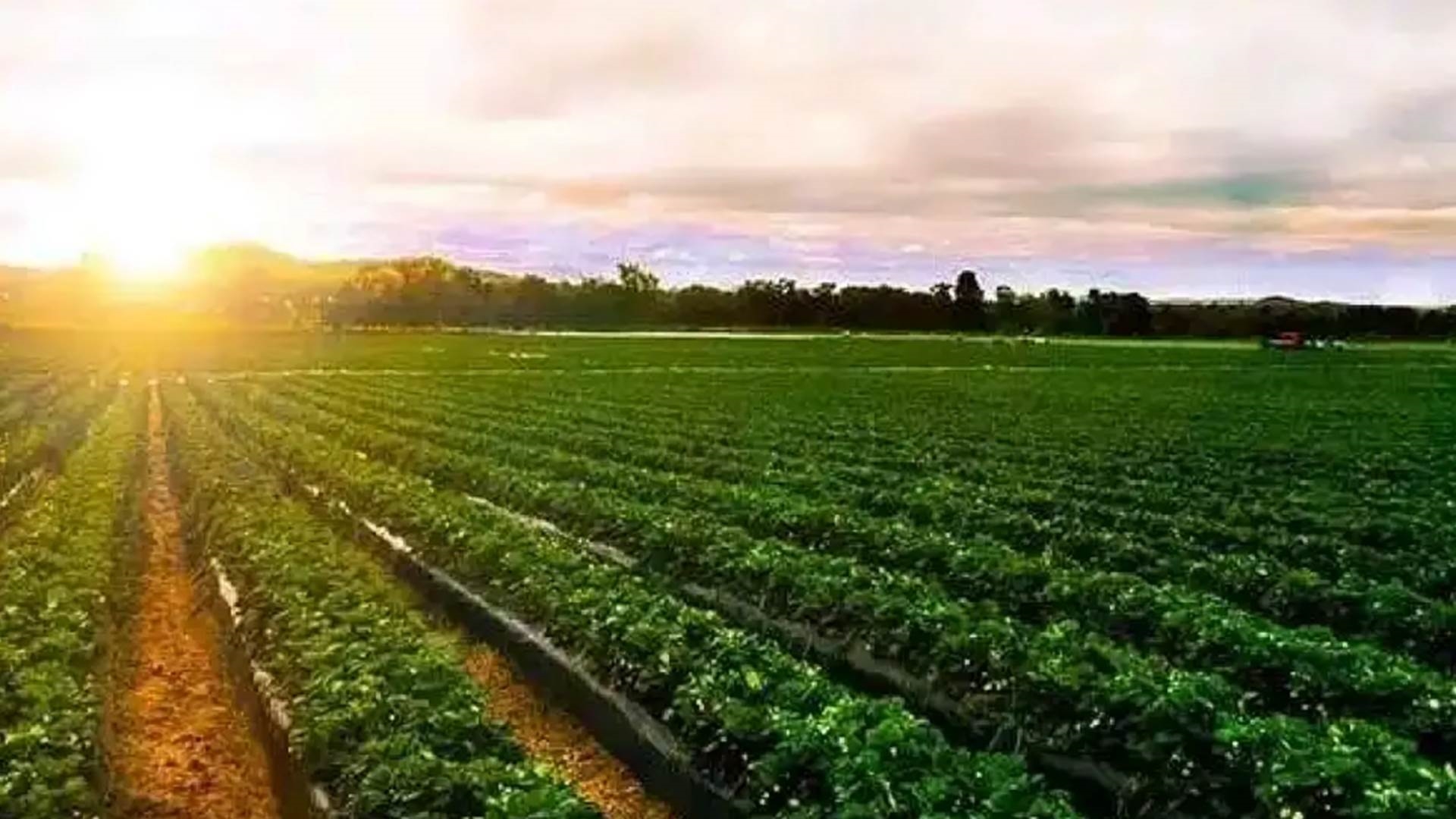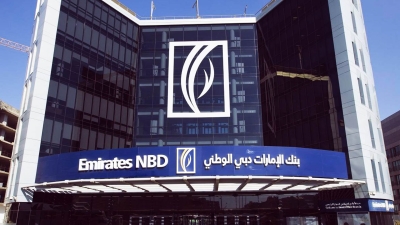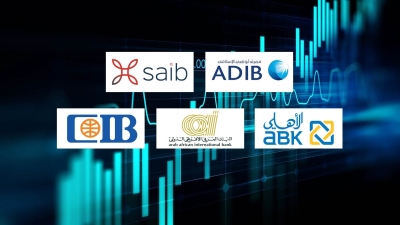Egypt's green economy, ongoing efforts to protect the environment
Mai El-Kafoury

In the light of global environmental and climate challenges, the transition towards a green economy has become an inevitable goal for many countries. At the Egypt level, environmental sustainability has become part of the national development vision. Egypt's economy seeks to shift towards a more environmentally friendly model, driven by a global orientation to protect natural resources and promote sustainable growth.
The green economy is defined as the economic model that seeks to achieve sustainable development by promoting sustainable production, reducing carbon emissions and combating climate change. Global initiatives include the Paris Climate Agreement, which aims to limit temperature increases below 1.5 degrees Celsius, and is one of the most prominent international treaties pushing States, including Egypt, to take effective action to protect the environment.
At the local level, Egypt is adopting several strategies towards sustainable development, including "Egypt Vision 2030", which places the environment as one of its main pillars, is a project "The New Administrative Capital" is a prominent example. It aims to create a green city based on renewable energy and smart infrastructure, while the plant comes "Benban" solar energy in Aswan as one of the largest solar energy projects in the world, reflecting Egypt's commitment to promoting the use of clean energy.
There are also several sectors that play a crucial role in supporting the transition towards a green economy in Egypt, most notably the "renewable energy sector" and "sustainable agriculture", as Egypt moves to shift from fossil fuels to clean energy sources such as the sun and wind, reducing dependence on traditional resources and reducing carbon emissions.
In the "sustainable agriculture sector", the Government seeks to increase investments in organic agriculture, reuse water and improve soil quality to ensure sustainable and stable food, as well as "transport and communications sector", the Government is developing environmentally friendly means of transport through investment in metro lines and electric buses, thereby reducing pollution and improving air quality in major cities.
Nevertheless, Egypt's transition to a green economy faces some challenges, most notably funding for the implementation of green projects. These projects require significant investment, as well as the need to improve infrastructure to support sustainable industries. Community awareness about a culture of sustainability remains limited, requiring greater efforts to spread environmental awareness.
Egypt has developed a set of indicators that measure its progress in achieving a green economy, including low carbon emissions, the growth of the renewable energy sector and the increase in green spaces. The Government is currently working to increase these indicators, as it seeks to achieve a clearer environment and an economy dependent on renewable resources.
International cooperation is also a key factor in supporting Egypt's transition towards a green economy, where international organizations, such as the World Bank and the United Nations, contribute to providing financing for environmental projects, such as loans and grants.
The private sector plays a pivotal role through partnerships that promote investment in environmentally friendly technology projects and broaden environmental awareness, supporting government efforts and promoting sustainable development.
In conclusion, domestic and international financing mechanisms should be developed to support sustainable projects, so that Egypt can move more smoothly towards a green, environmentally sensitive economy that improves the quality of life for future generations.











